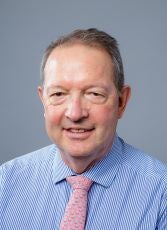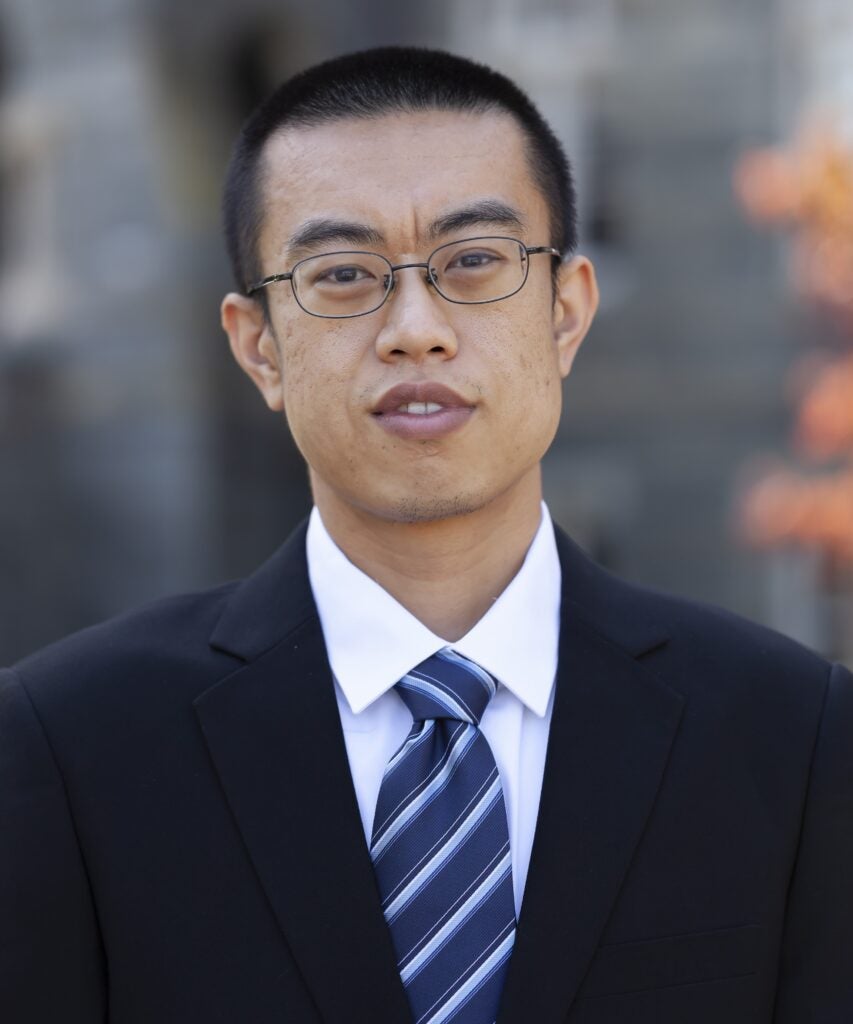News
February 22, 2024
Professor John Haltiwanger will deliver the Razin Policy Lecture on March 14, 2024.
The Georgetown Center for Economic Research and the GU Economics Department are pleased to announce Professor John Haltiwanger will deliver the 2024 Razin Lecture. The keynote lecture will take place on Thursday, March 14, 2024 at 4:00 p.m. in the Fisher Colloquium within the McDonough School of Business Building at Georgetown University.

John C. Haltiwanger is a Distinguished University Professor in the Department of Economics at the University of Maryland. He is also the first recipient of the Dudley and Louisa Dillard Professorship in 2013. He received his Ph.D. from the Johns Hopkins University in 1981. After serving on the faculty of UCLA and Johns Hopkins, he joined the faculty at Maryland in 1987. In the late 1990s, he served as Chief Economist of the U.S. Census Bureau. He is a Research Associate of the National Bureau of Economic Research, and a Fellow of the Society of Labor Economics and the Econometric Society.
He has played a major role in developing and studying U.S. longitudinal firm-level data. Using these data, he has developed new statistical measures and analyzed the determinants of firm-level job creation, job destruction and economic performance. The statistical and measurement methods he has helped develop to measure and study firm dynamics have been increasingly used by many statistical agencies around the world.
His recent research has focused on the changing patterns of business dynamism and entrepreneurship in the U.S. His research has been recognized in his being awarded the Julius Shiskin Award for economic statistics in 2013, the Roger Herriott Award for innovation in federal statistics in 2014, the Global Entrepreneurship Research Award in 2020, and Society of Labor Economics Award for Contributions to Data and Measurement in 2021. He has published more than 150 academic articles and numerous books including Job Creation and Destruction (with Steven Davis and Scott Schuh, MIT Press).
The Razin Lecture is accompanied by the awarding of the Razin Prize for best research paper by an advanced graduate student in Economics. The 2024 Razin Prize was awarded to Tianshi Mu.

Tianshi Mu’s paper entitled “The Dynamic Effects of Renewable Subsidies in the Green Energy Transition” was chosen as the best research paper this year. We extend our congratulations to Tianshi’s thesis advisor, Professors John Rust and Nathan Miller.
More on the Razin Prize and Policy Lecture, its background, and history can be found here. The recording of the event and past Razin Lectures can be accessed by visiting our Georgetown University Economics YouTube Channel.
